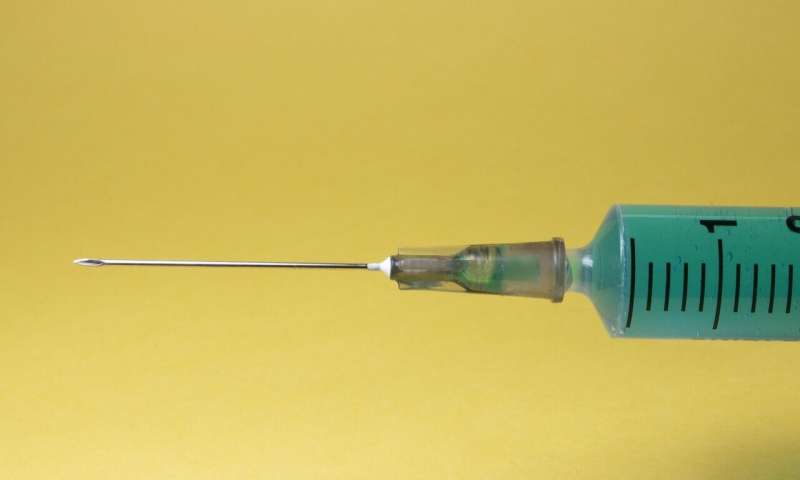Using Fruit Flies to Understand and Improve Addiction Therapies

Innovative research uses genetically modified fruit flies to study cocaine addiction, uncovering genetic and sensory factors that could lead to improved therapies for cocaine use disorder.
Scientists at the University of Utah have developed a groundbreaking model using genetically modified fruit flies to study cocaine addiction. For the first time, these flies can be addicted to cocaine and will self-administer the drug when given the opportunity. This innovative approach offers a promising tool for accelerating research into the biology of addiction and identifying new therapeutic targets for cocaine use disorder, which currently affects about 1.5 million individuals nationwide.
Hereditary factors play a significant role in the risk of developing cocaine addiction. However, the complex interplay of numerous genes makes pinpointing specific targets challenging. The new fruit fly model provides a faster, more efficient way to explore these genetic factors and understand the underlying mechanisms of addiction.
Research indicates that flies and humans exhibit similar responses to cocaine. When exposed to low doses, they exhibit increased activity, akin to human stimulant responses. At higher doses, they become incapacitated, mirroring the effects in humans. Flies share about 75% of the genes linked to human diseases, making them a valuable model for studying addiction biology.
Interestingly, fruit flies show a natural aversion to cocaine, preferring drug-free sugar water over cocaine-laced options, even after repeated exposure. This aversion is believed to be due to the flies' ability to taste bitter substances, as cocaine activates bitter taste receptors on the flies’ tarsal segments. When these bitter taste receptors are disabled, flies begin to develop a preference for cocaine-laced sugar water within just 16 hours.
This discovery highlights the importance of taste and sensory perception in addiction behavior. It also opens avenues for exploring how similar mechanisms might influence drug preference in humans. The ability to modify and observe these responses in flies enables rapid screening of genes involved in addiction and the testing of potential treatments.
Overall, this research enhances our understanding of the biological basis of addiction and could lead to more effective therapies. The use of fruit flies accelerates the pace of discovery and provides insights that are challenging to achieve in more complex organisms. As Dr. Rothenfluh emphasizes, understanding the simple fly brain can offer unexpected revelations about human addiction, emphasizing the value of fundamental science in tackling complex health issues.
Stay Updated with Mia's Feed
Get the latest health & wellness insights delivered straight to your inbox.
Related Articles
Fathers Less Likely to Engage in Important Conversations About Sex with Their Children
A new study reveals that mothers are more likely than fathers to discuss sex and relationships with their children, highlighting the need for greater parental support to foster open conversations about safe and healthy sexuality in families.
Chickenpox Vaccination Policies: UK Approves the MMRV for Under-Fours Amid US Restrictions
The UK and US adopt contrasting policies on chickenpox vaccination for young children, with the UK approving the MMRV vaccine to enhance coverage, while the US restricts its use due to safety concerns. Learn about the implications for public health and childhood immunity.
New Advances in Treating Adult Atopic Dermatitis
Updated guidelines for adult atopic dermatitis introduce four new evidence-based therapies, including biologics and topical agents, to enhance treatment outcomes.



